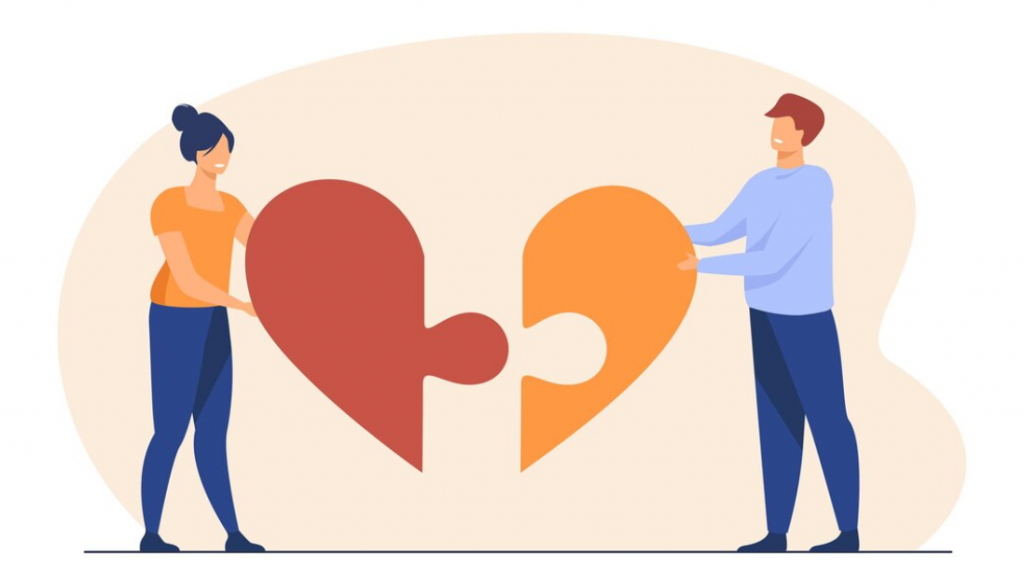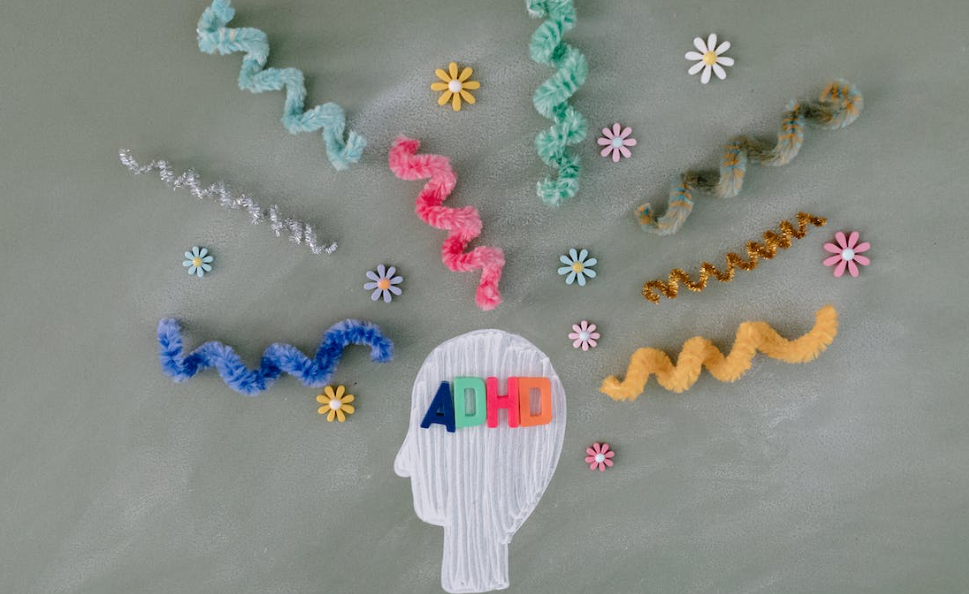Study Reveals Truth About ‘Opposites Attract’

©️ cookie_studio / Freepik
Let’s dive into the fascinating world of romantic relationships! Researchers from the University of Colorado Boulder designed a study to challenge the timeless belief that “opposites attract.” Led by Tanya Horwitz, the study, spanning over a century and millions of couples, aims to untangle the complexities of love.
In this exploration, we will uncover the intriguing questions about the foundations of enduring relationships. Beyond the clichés, the study promises to provide a fresh perspective on the genuine bonds that form between individuals in the realm of romance. It sparks conversations about what truly makes hearts beat in unison.
The ‘Opposites Attract’ Study
Lead researcher Tanya Horwitz, a PhD student at the University of Colorado Boulder, emphasized that the study focused specifically on long-term relationships. It examines traits from political views to lifestyle habits. The findings revealed that couples were more alike than different in up to 89% of the traits analyzed.
The study drew on a vast dataset, including information from 199 published studies involving male-female couples dating back to 1903. It also includes a more recent analysis of data from the UK Biobank project.
The results indicated that partners frequently shared similar traits in areas such as political and religious beliefs, education levels, and certain measures of intelligence. Even lifestyle habits, such as smoking and drinking, showed a notable tendency for like-minded individuals to pair up.

Personality Traits Dynamics
Interestingly, the study found that personality traits, such as extroversion and neuroticism, displayed a moderate correlation among partners. However, the strength of these connections was overshadowed by factors like political or religious alignment.
While the study did identify a few exceptions, like couples differing in their “chronotype” (morning or night preference), the overall trend emphasized the compatibility of partners.
Horwitz explained that the notion of opposites attracting might have originated from earlier research in the 1950s, suggesting that certain traits could be complementary. However, the study challenges this idea. It presents evidence that similarities in core beliefs and values are more likely to form the foundation of enduring relationships.
What About Friendships?
Angela Bahns, an associate professor of psychology at Wellesley College, who was not involved in the study, commented that the idea of “birds of a feather flocking together” is supported by both romantic pairings and friendships. She highlighted the validating nature of shared beliefs and noted that similarities often persist from the beginning of relationships.
Despite the findings, the researchers emphasized that this doesn’t imply people shouldn’t be attracted to those different from them. Horwitz clarified that the “opposites attract” study reflects observed trends in relationships on average and doesn’t negate the possibility of close relationships between individuals with differences. The study opens up discussions about the factors that truly contribute to successful, long-lasting partnerships.
Exploring the Myth
The age-old maxim that “opposites attract” has long been a romantic notion, perpetuated in movies and tales of unlikely couples finding love. This often stems from the excitement of encountering someone who seems new and different. Movies often depict scenarios where individuals with contrasting personalities or backgrounds find each other intriguing. This initial excitement can be fueled by the perception of forbidden allure, such as differences in class, race, or socioeconomic background.

While initial attraction may be driven by excitement and perceived differences, scientific studies like the “opposites attract” study indicate that sustainable relationships require more than just novelty. Factors like physical attraction, though important, may not be sufficient for a healthy, long-term connection. Additionally, the absence of early conflicts in the initial stages of a relationship can enhance the appeal of opposites.
Pros and Cons of Dating Your Opposite
Dating someone with contrasting traits can have both advantages and disadvantages. On the positive side, it may lead to increased learning, and the opportunity to explore new perspectives. However, sustaining such relationships long-term may pose challenges, including potential disagreements, lifestyle differences, and the need for effective communication.
The Pros of Dating Your Opposite
Dating someone with opposite traits can offer benefits, such as learning to compromise, gaining patience, and expanding one’s perspective. Additionally, opposites may complement each other, leading to increased comfort with compromise and the development of new skills.
The Cons of Dating Your Opposite
Historical research warns against the sustainability of relationships between opposites. Studies suggest that while initial attraction may occur, long-term compatibility is often hindered by fundamental differences. Relationships built on complementary traits, such as assertiveness and passivity, may face challenges as they mature.
The Importance of Similarities in Relationships

Recent psychological studies indicate that similarities in core values, attitudes, personality traits, and interests contribute to the success of relationships. Partners who share common ground tend to experience higher levels of satisfaction, fostering a deeper connection.
While the notion of opposites attracting persists in popular culture, scientific evidence suggests that successful, long-term relationships are more likely to be built on similarities. Before entering a relationship, understanding the alignment of core values, attitudes, and goals is crucial for a flourishing connection. The exploration of attraction continues, challenging age-old beliefs and shedding light on the intricate dynamics that contribute to lasting love.
Do you agree with the findings? How similar are you and your partner?
You might also want to read: Best Romantic Movies of All Time


